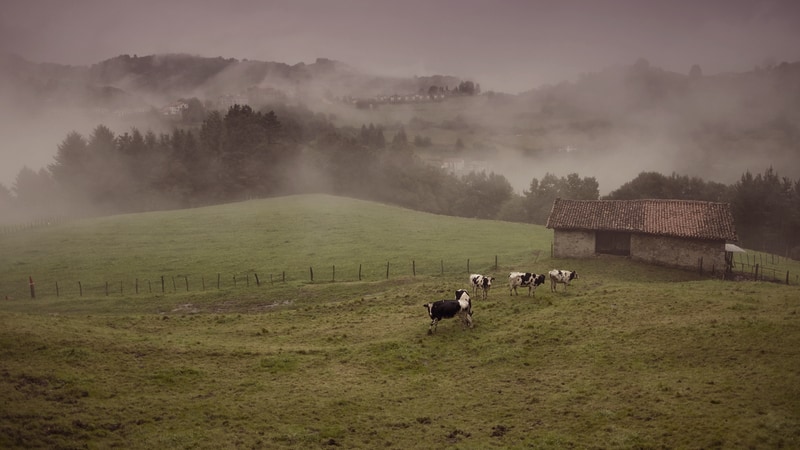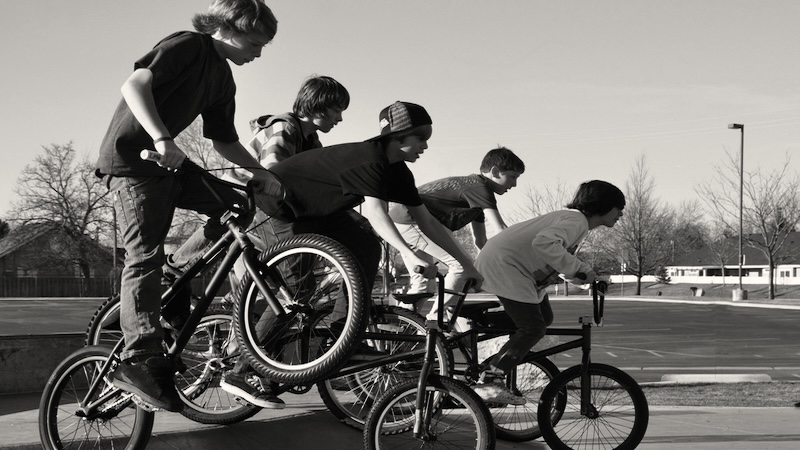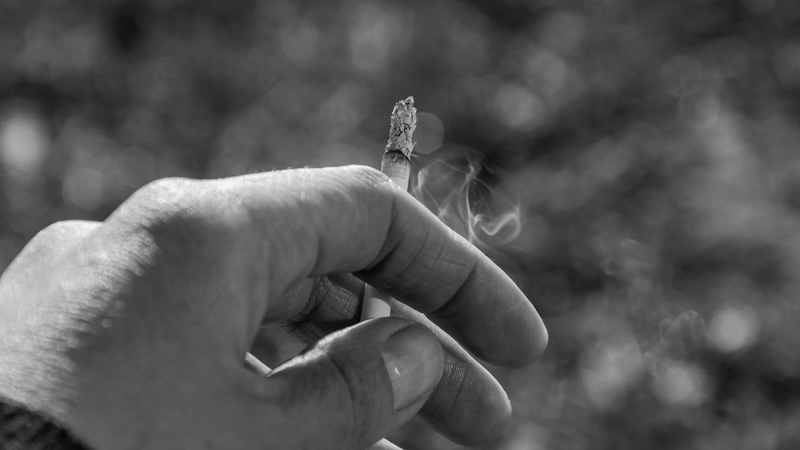Memories from a Childhood on a Summertime Farm
Fond nostalgia of grassy bare feet and never-ending days

Summer days are endless in the Virginia Blue Ridge Mountain empire. I grew up in a small county – 382 square miles of rolling, fertile, pastoral plateau; 3000 feet above sea level. The light in the winter is a blessing and in the summer? Near everlasting.
Mornings began early and barefoot. Toes were icy with dew and wet grass unless you could successfully catch a horse to round up the cows; keep your feet off the ground; smell his mane and feel his warmth. Steer him out of the shadows and into the low hung, fog laden rays of day. Earth smells mingling with gurgling creek chatter and the cloudy, heaving breath of the large, large animals. Dirty knees bumping bovine rib cages from the back of my saddle-free charge.
The sun was a lazy riser. It seemed to draw its curtains in its own sweet time on those chilly mornings. Languishing in the east, conserving its warmth. A backdrop to the measured movement of the livestock, the horse, the boy swinging a stick, imaginary engine noises and explosions emitted extemporaneously under his breath as he trudged up the path to the barn behind the wayward heifer.
THE DAYS OF A SUN THAT SEEMS NEVER TO SET
Milking. Twice daily. Early because there was much to do between each session and more to do in the evening. Because the summer days were endless.
There was warmth now that milking was done. Bare feet felt at home in the silky, pyrite flecked clay near the dairy. Mud sequins. The sandy loam in the bottom sloughed the heel and found sanctuary between the “go to market piggy” and the “stay at home piggy.” Creek was still cold but the sun was beginning to creep across the morning into a more radiant vantage point.
Tractors. Engines with souls. Flywheels that spin in tangent to power the man and his equipment. As valuable as gold, as cantankerous as any mule. Their voice signaled the real progress of any endless summer day.
You could walk with the tractor. Watching as its elephant wheels bump through the grass. Left hip deep, right hip pull, front end bounce, the driver engaged over both shoulders, standing often, adjusting and readjusting the throttle, stopping completely to change the gear and lurch forward. Long strides through longer grass shooing dogs from its path and pulling wild flowers to smell and discard.
THE CHAIN
There was a permanent fixture on the back of our Ford tractor. The logging chain. He lay perpetually draped on the hitch like an itinerant boa constrictor. Secured only by his own weight, immobile until heaved, thrust and coaxed into action. There were hooks on both ends. I never understood why. If you needed “the chain” it seemed that you had only to lay him in the proper place on the summoned object. All submitted handily to “the chain.”
There was a larger chain. Longer and heavier that hibernated in the beds of trucks or near the front of the hay wagon. This was the big chain. He laid immobile mostly. He needed sobering up and a good rust rattling by two strong boys before being deployed. But he was always there. The big chain.
Warmer now. Cirrus clouds. The sky whitening, the sun climbing. There were fences fixed. Barns painted. Hay downed and gathered. Tobacco suckered and hoed. Beans picked. Rocks piled. Wells dug. Roads created and graded.
A BOY IN THE ROAD
That sun hung in the sky. Hung there. A breeze would pick up. Milking was done.
My parents had us in the truck as children. It was late on an endless summer day. The four of us were grimy, dusty. I am sure we were en route to a neighbor’s and I am equally sure Daddy had a cold Dr. Pepper in his sights. The dust from the truck’s wheels billowed as we drove along the dirt roads. Our day was nearly over. That sun was a couple hours from his way out; there were some decent shadows by now. We rounded a curve.
He had slim shoulders and a wiry strength about him. One of the straps of his bib overalls was swinging loose at his waist and he was shirtless. His arms were brown with dirty white rivlets of dried sweat. There was a weariness in his gait. A bend in his shoulders. His right bicep was distended and the sinew in his right hand strained at his sternum dragging the chain that was channeled between his shoulder blades and snaked out into the dusty road behind his bare feet. He swung his blonde head around and raised his left hand in a “Howdy.” He smiled. Dropped his gaze. He must have been fourteen.
My parents slowed the truck and looked at each other for a long time and then looked at me and my brother. We all waved.
From my memory, I think it got dark at ten o’clock that night.
I saw the chain in the carriage house last Saturday. I have never forgotten the boy on the road.


